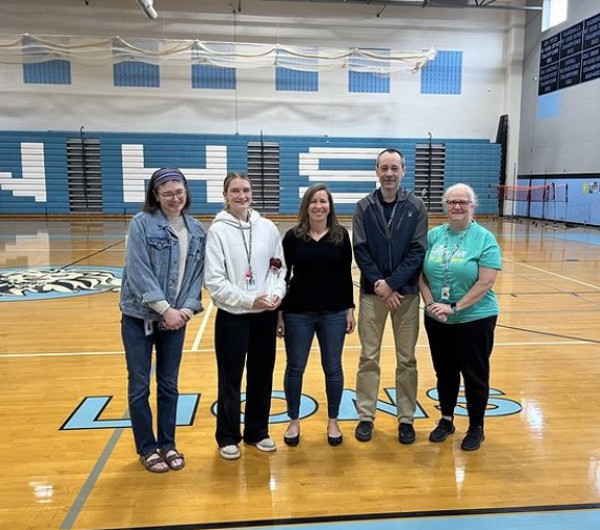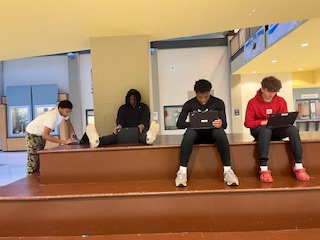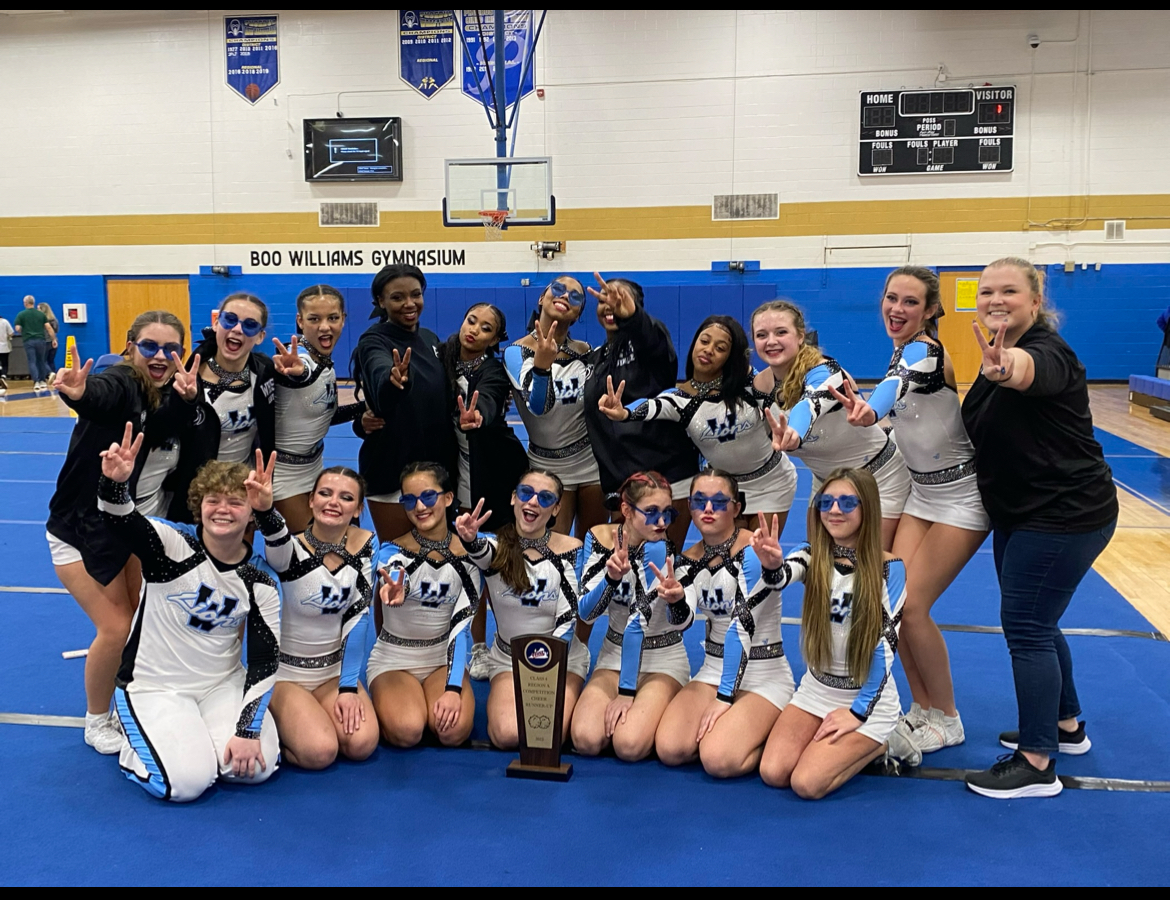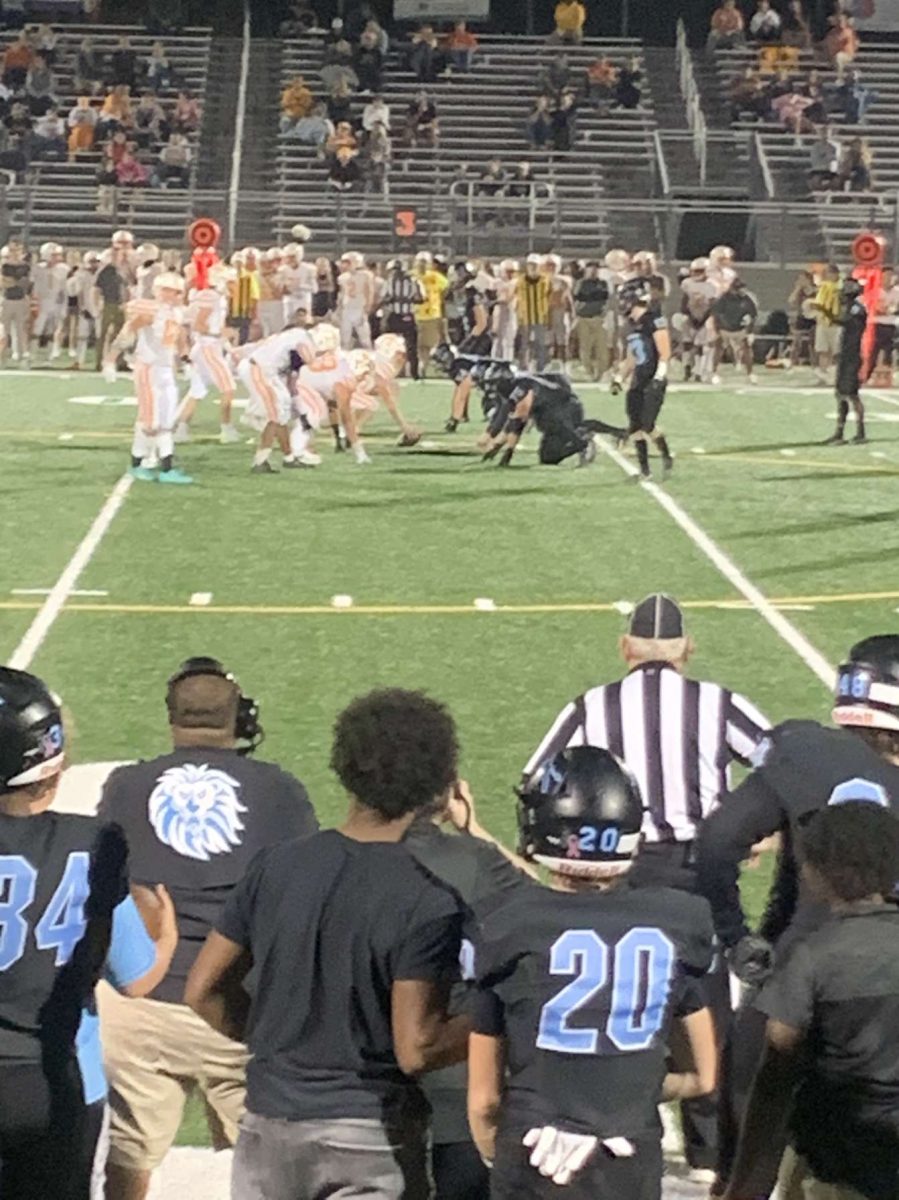College programs offer a diverse range of academic pathways designed to cater to students’ varied interests and career goals. These programs spawn many disciplines including liberal arts, sciences, engineering, business and more. Each program typically combines theoretical knowledge with practical applications fostering critical thinking, problem solving skills and a deep understanding of the chosen field.
Earning a degree is not only about preparing yourself for a one-time employment search—it puts you in a stronger position long-term. Even if one graduates in a hot job market where finding work is easy, there is no guarantee those economic circumstances hold. If one loses a job due to a downturn, having a college degree can help differentiate you from other job seekers who decided to forego higher education.
The modern economy requires workers that are adaptable and willing to learn. Having a college degree is one way to quickly demonstrate that a person is not afraid to work hard and stick with projects when times get difficult. Which is not to say that getting a college degree does not require technical knowledge. Indeed, many employers seek candidates who can offer a range of skills.
Colleges often provide opportunities for internships, research projects and hands-on experiences enriching students’ education and preparing them for the demands of the professional world whether pursuing a bachelor’s degree, associate degree or specialized certification. College programs serve as crucial steppingstones for personal and professional development equipping individuals with the tools they need to thrive in their chosen fields.
Even if one enrolled in the same academic program and courses, that person would meet new people with completely different life experiences and world perspectives. Colleges are places that seek to bring together a variety of students from all backgrounds, cultures and traditions, with the intention of making the student body itself a source of learning and growth.




















